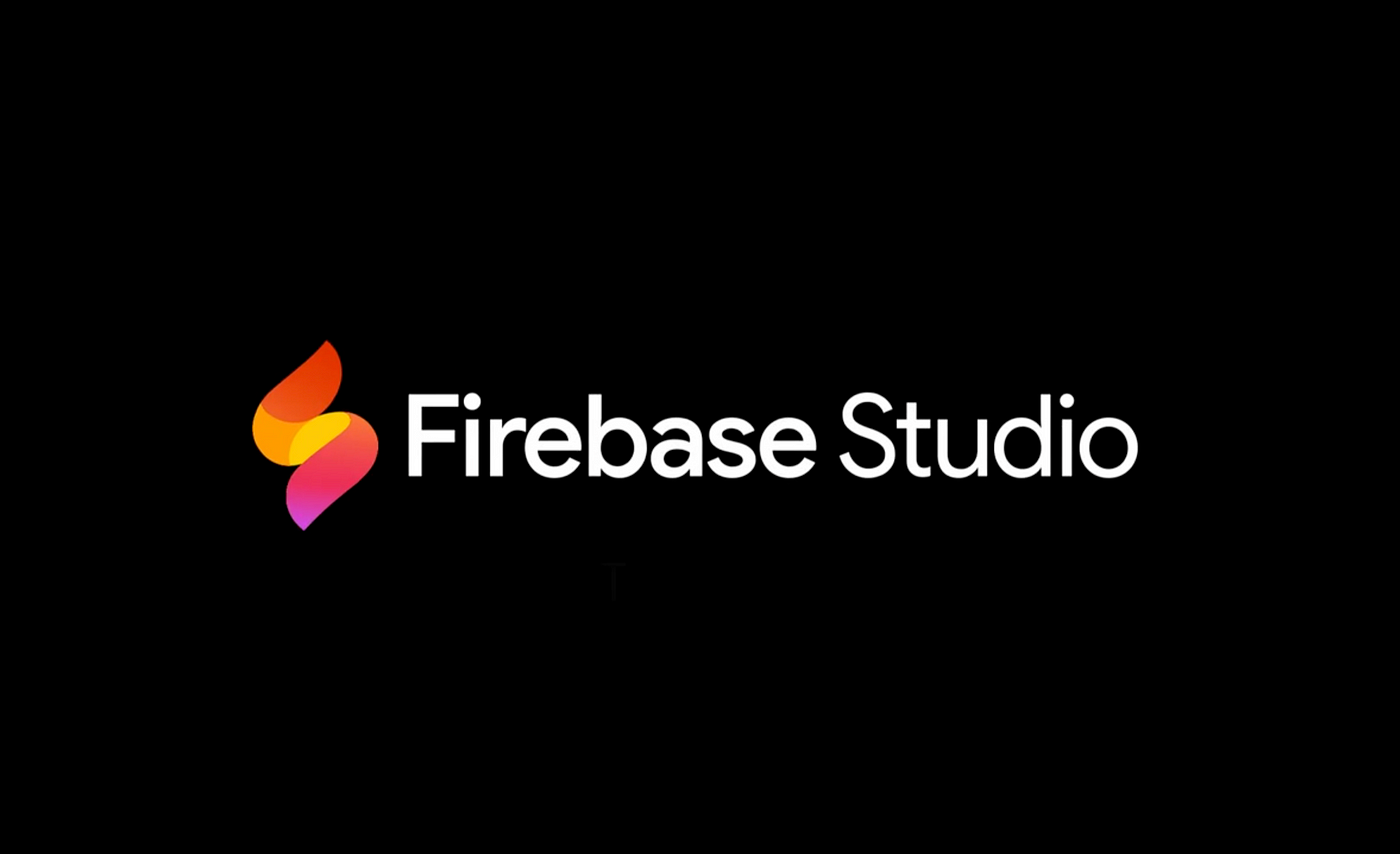With today’s release of an end-to-end app platform driven by generative AI, Google has amplified the app-building market by enabling people to create unique apps in a matter of minutes.
The tech giant unveiled Firebase Studio, a full-stack AI workstation, today at Google Cloud Next.
The cloud-based, Gemini-powered agentic development platform allows both developers and non-developers to create, deploy, iterate, and monitor web and mobile applications, APIs, backends, and frontends all from within their browsers. All people can now watch it in preview (you need to have a Google account).
VentureBeat hasn’t had a chance to test Firebase Studio yet because it was in “exceptionally high demand” at the time of this writing. But the initial response has been generally favorable.
“God just cooked once more! Does Firebase Studio outperform Bolt and Lovable? An somebody on YouTube posted a tutorial video. For developers looking to swiftly prototype and create production-ready apps with AI support, this might be a game-changer.
Another person wrote to X, “It feels like Cursor AI meets v0, but free.?
How Firebase Studio Allows Users To Construct Apps In A Matter Of Minutes?
Firebase Studio integrates specialized AI agents and Gemini support with Google’s coding tools Genkit and Project IDX. Because it is based on the well-known Code OSS project, many people will recognize its appearance and feel.
To create an app in a matter of minutes, users only need to launch their browser and import data from local computers or pre-existing repositories like GitHub, GitLab, and Bitbucket. The platform supports Next.js, React, Angular, Vue.js, Android, Flutter, and other frameworks in addition to languages including Java,.NET, Node.js, Go, and Python.
More than 60 pre-built templates are available for users to select from, or they can utilize a prototype agent that uses natural language, screenshots, graphics, and mockups to help build an application (including UI, AI processes, and API schema) without the need for coding. After that, the application can be immediately deployed to Cloud Run, Firebase App Hosting, or bespoke infrastructure.
With a single click, apps may be improved and expanded in a coding workspace and monitored in a Firebase panel. Firebase Studio has built-in runtime services and tools for emulation, testing, refactoring, debugging, and code documentation, and apps can be seen in a browser.
According to Google, the platform makes coding workflows more simpler. Among other things, Gemini assists users with writing code and documentation, resolving issues, managing dependencies, creating and executing unit tests, and working with Docker containers. Aspects like as model inference, agents, retrieval-augmented generation (RAG), user experience (UX), business logic, and more can be altered and improved by users.
Additionally, Google is also giving Google Developer Program members early access to Gemini Code Assist agents in Firebase Studio. For example, a testing agent can run adversarial scenarios against AI models or simulate human interactions to find and correct potentially harmful outputs; a code documentation agent can let users communicate with code; and a migration agent can assist in moving code.
Regular users of Firebase Studio get access to three workspaces during preview, whereas members of the Google Developer Program have access to up to thirty workspaces. There is a waiting for Gemini Code Assist agents.

